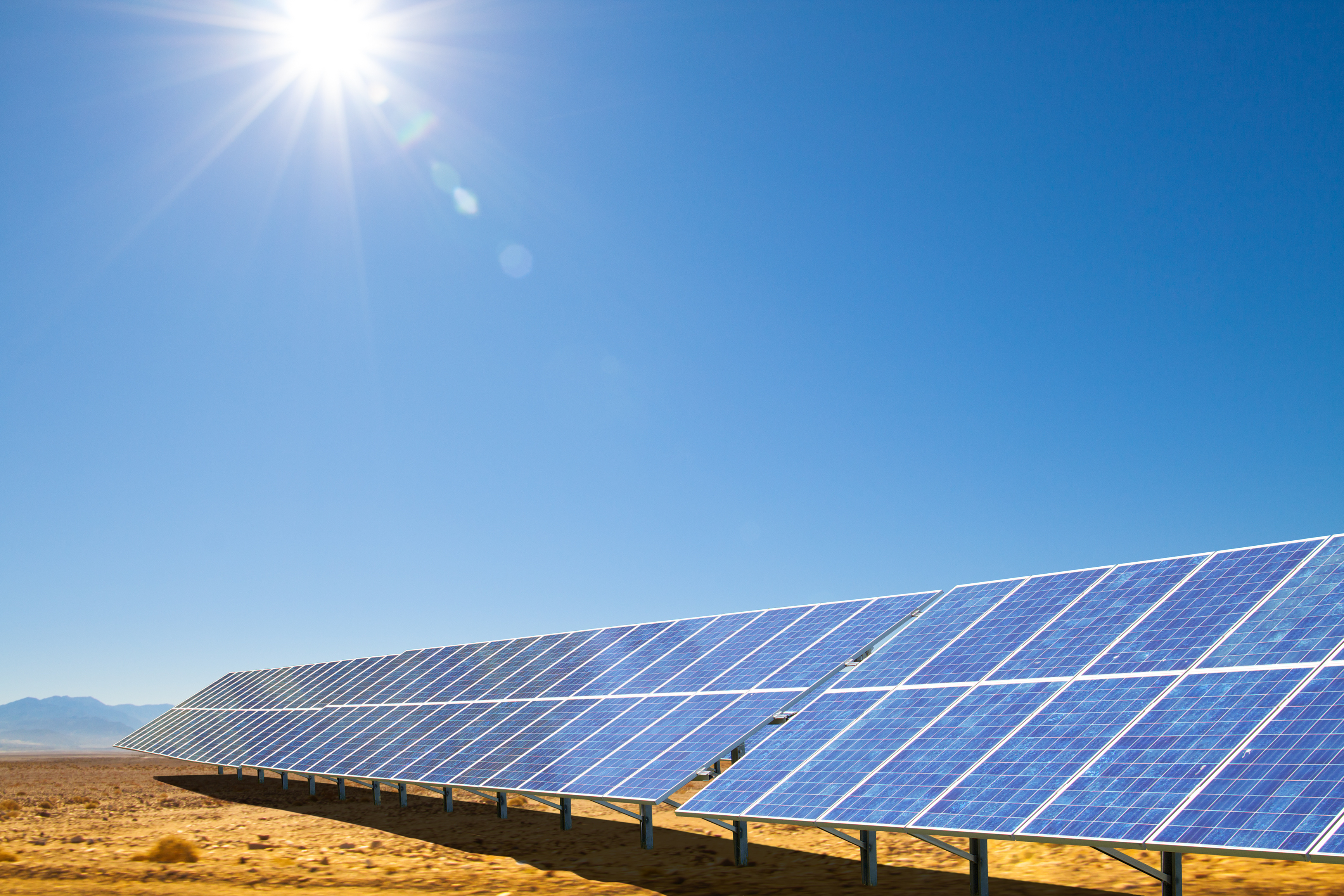British energy company Savannah Energy (SAVE,) has announced that its subsidiary, Savannah Energy Niger Solar Limited, has signed a Memorandum of Agreement with the government of the Republic of Niger for the development of two solar photovoltaic power plants.
The combined installed power generation capacity of the plants is expected to reach up to 200 megawatts (MW) and the two proposed solar plants will be situated within 20 km of the cities of Maradi and Zinder in southern Niger.
Each plant is anticipated to have an installed capacity between 50 and 100 MW, potentially generating up to 200 MW. The solar projects are set to provide reliable, affordable energy for Niger, increasing the country's grid connected power capacity by more than 20%, and avoiding an estimated 260,000 tonnes of annual CO2 emissions.
The solar projects will connect to the south central section of Niger's electricity grid and are expected to be interconnected to the western electricity grid zone serving Niamey by 2026 as part of a World Bank-funded project.
Subject to project feasibility studies, the solar projects are expected to receive sanction in 2024, with first power targeted for 2025-2026.
Savannah intends to fund the solar projects with a combination of internally generated cash flows and project-specific debt.
View from Vox
Another key milestone for Savannah as it delivers yet another high-impact development project, with the potential to increase on-grid electricity supply in Niger by over 20%.
Niger is a landlocked country in West Africa covering 1,266,700km2, ranking as 19th largest in the world. The terrain is mainly desert with arable land in the southwest and southeast of the country, and its economy is focused on subsistence agriculture and raw commodity export.
At present, the country is tackling significant social, economic, and demographic challenges with two strategic goals. One is its "Social and Economic Development Strategy", which aims to eradicate poverty and inequality through social development, demographic transition, and accelerated economic growth at all levels. Savannah’s high-impact projects in Niger support this strategy, by substantially increasing the on-grid power supply and expanding access to energy to more people.
The solar projects will supplement Savannah's Parc Eolien de la Tarka wind farm project signed in March 2022, which is expected to have an installed power generation capacity of up to 250MW on an independent power producer basis in the Tahoua Region of southern Niger.
Savannah's wind and solar projects, developed in partnership with the government of Niger, could substantially increase the country's on-grid power supply. These crucial projects have the potential to improve the lives of millions of Nigeriens by providing them with life-changing benefits from energy access.
Follow Savannah Energy for more News and Updates:

